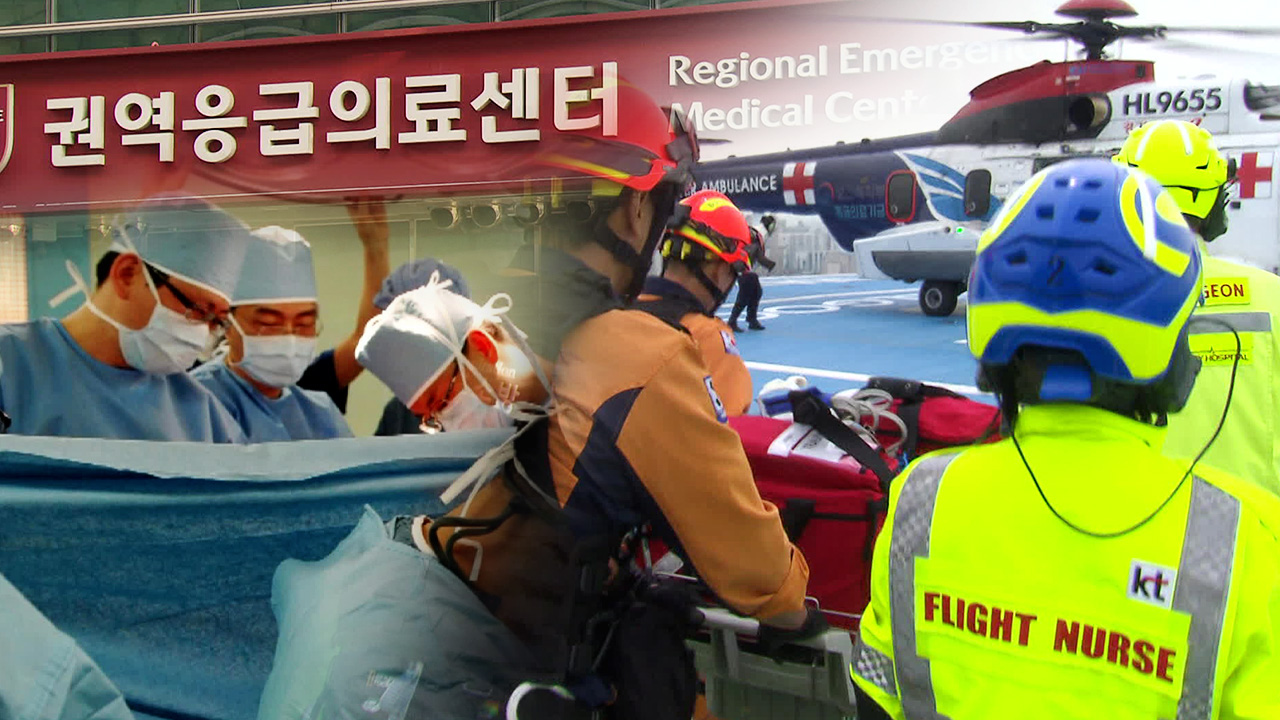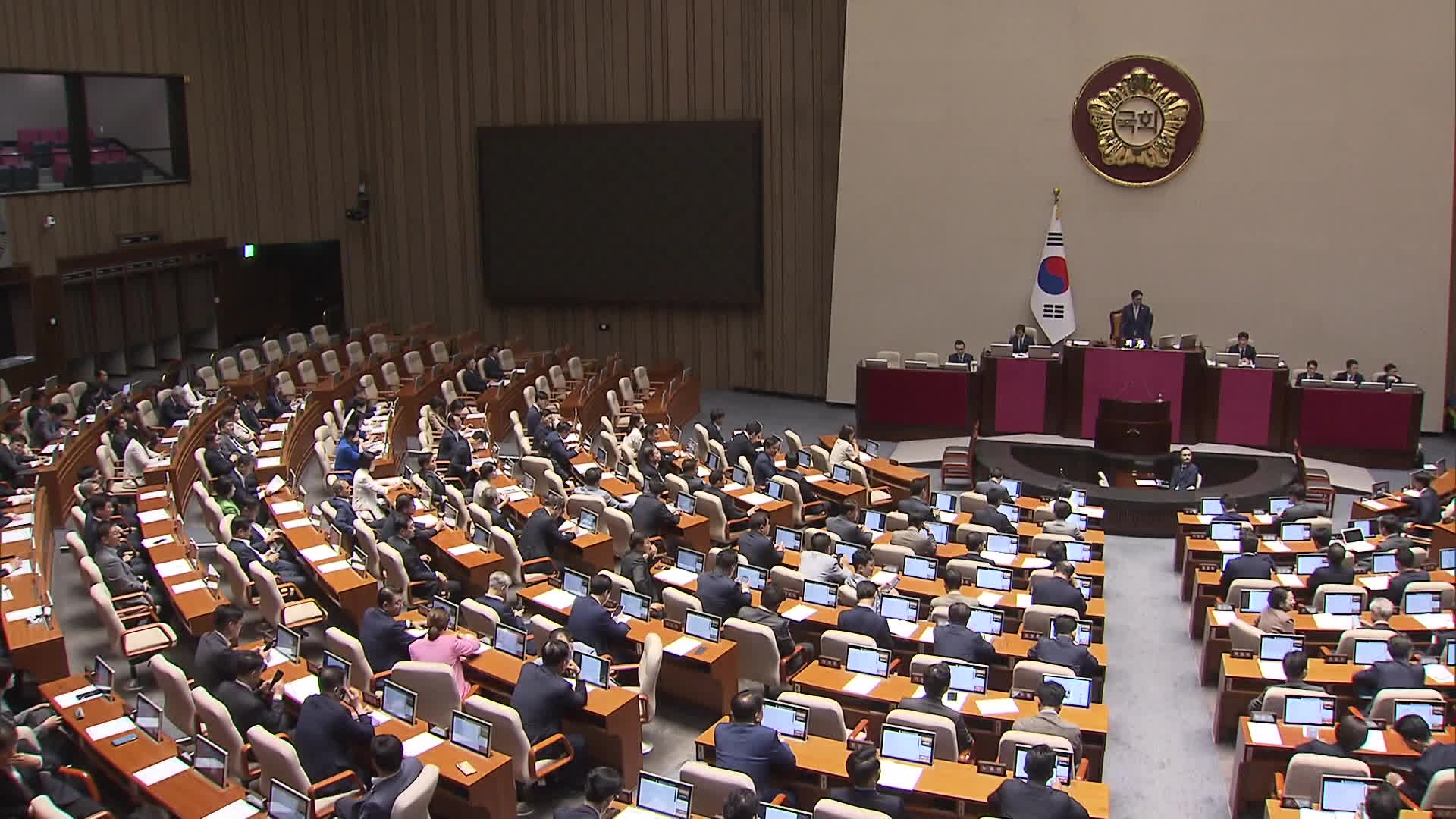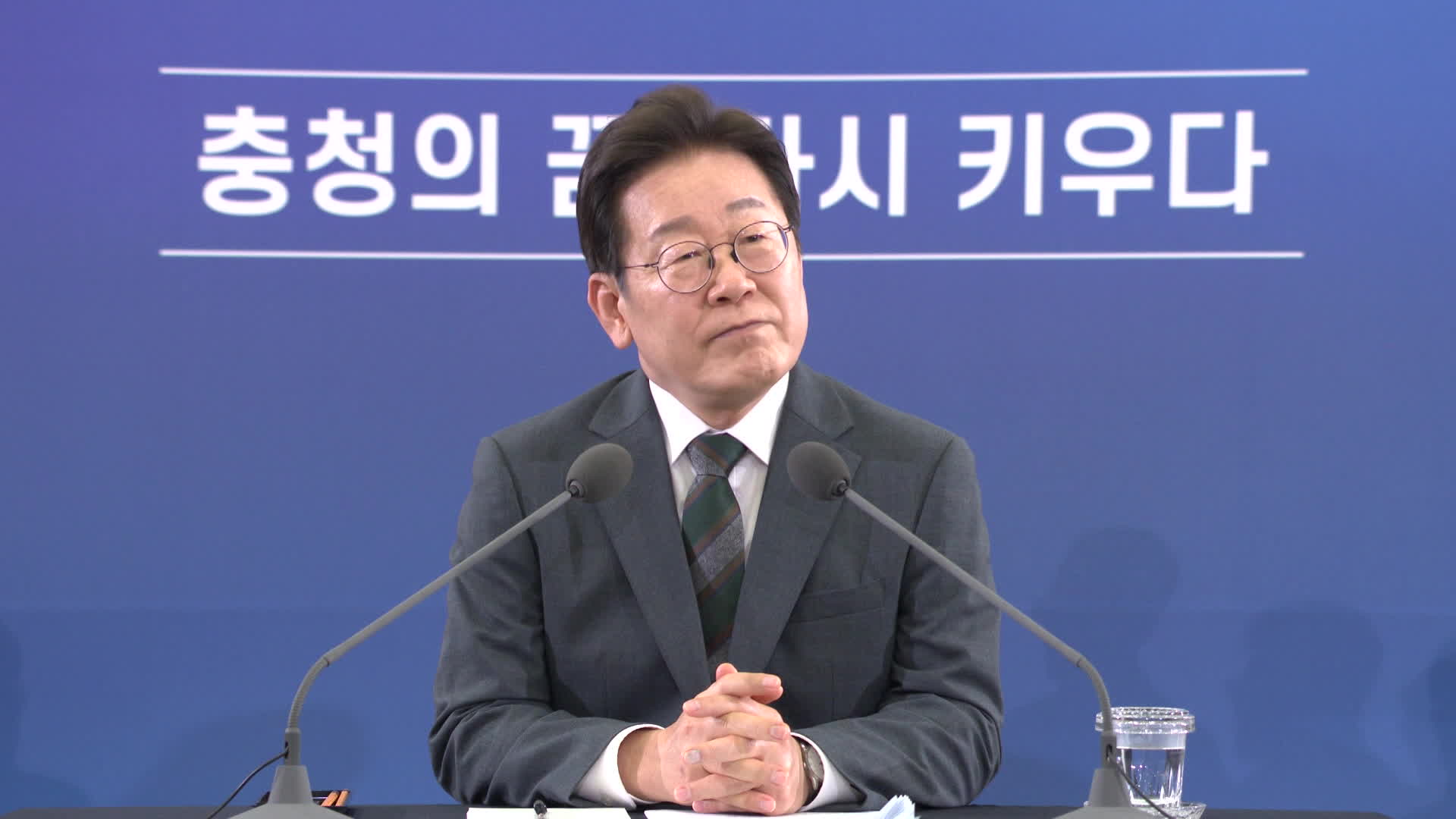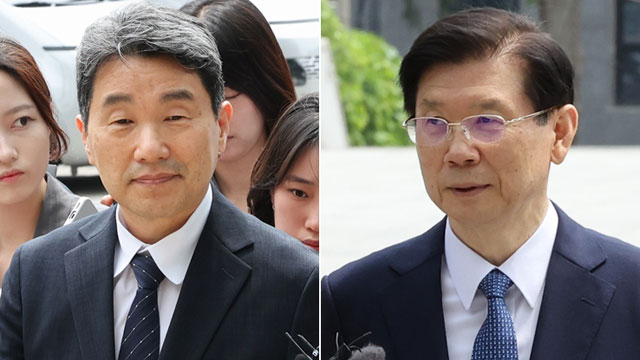Closure risk for severe trauma center
입력 2025.02.10 (00:18)
읽어주기 기능은 크롬기반의
브라우저에서만 사용하실 수 있습니다.
[Anchor]
The only specialized training center for severe trauma in the country was on the verge of closing due to budget shortages, but it narrowly avoided the crisis thanks to emergency support from the Seoul city government.
While the immediate crisis has been averted, there is an urgent need for attention and support for the treatment of severe trauma patients.
Reporter Joo Hyun-ji has the story.
[Report]
Professor Lee Guk-jong, the hero of the Gulf of Aden for saving Captain Seok Hae-kyun.
His hard work saving severe trauma patients by flying in a doctor helicopter once garnered national attention.
The only specialized training center for severe trauma in the country, which has been nurturing the second Lee Guk-jong.
Since 2014, it has received 900 million won in government funding each year and has produced over 20 specialized trauma doctors.
However, this year, the entire budget was cut, and it was scheduled to close at the end of this month.
This was due to a failure in budget adjustment during the National Assembly's budget review last year amid the martial law situation.
Ultimately, the Seoul city government stepped in with a 500 million won disaster management fund, allowing the center to avoid immediate suspension of operations.
[Oh Jong-geon/Director of the Severe Trauma Specialist Training Center at Korea University Guro Hospital: "The training center is not an official institution and has been operated as a program based on budget. If the budget is not allocated, it could disappear at any time."]
Treating severe trauma patients, which requires intensive emergency surgery, is considered a field that doctors tend to avoid.
In fact, this year, the renewal rate for trauma subspecialty qualifications is only 20%, with 46 out of 58 candidates giving up midway.
[Oh Jong-geon/Director of the Severe Trauma Specialist Training Center at Korea University Guro Hospital: "It is physically very demanding, and the mental pressure is also very high... The value that society evaluates us with, so to speak, in terms of money for our hard work is very low."]
Despite the critical importance of saving lives, both the budget and manpower are in poor condition, highlighting the need for continuous support for severe trauma specialists.
This is KBS News, Joo Hyun-ji.
The only specialized training center for severe trauma in the country was on the verge of closing due to budget shortages, but it narrowly avoided the crisis thanks to emergency support from the Seoul city government.
While the immediate crisis has been averted, there is an urgent need for attention and support for the treatment of severe trauma patients.
Reporter Joo Hyun-ji has the story.
[Report]
Professor Lee Guk-jong, the hero of the Gulf of Aden for saving Captain Seok Hae-kyun.
His hard work saving severe trauma patients by flying in a doctor helicopter once garnered national attention.
The only specialized training center for severe trauma in the country, which has been nurturing the second Lee Guk-jong.
Since 2014, it has received 900 million won in government funding each year and has produced over 20 specialized trauma doctors.
However, this year, the entire budget was cut, and it was scheduled to close at the end of this month.
This was due to a failure in budget adjustment during the National Assembly's budget review last year amid the martial law situation.
Ultimately, the Seoul city government stepped in with a 500 million won disaster management fund, allowing the center to avoid immediate suspension of operations.
[Oh Jong-geon/Director of the Severe Trauma Specialist Training Center at Korea University Guro Hospital: "The training center is not an official institution and has been operated as a program based on budget. If the budget is not allocated, it could disappear at any time."]
Treating severe trauma patients, which requires intensive emergency surgery, is considered a field that doctors tend to avoid.
In fact, this year, the renewal rate for trauma subspecialty qualifications is only 20%, with 46 out of 58 candidates giving up midway.
[Oh Jong-geon/Director of the Severe Trauma Specialist Training Center at Korea University Guro Hospital: "It is physically very demanding, and the mental pressure is also very high... The value that society evaluates us with, so to speak, in terms of money for our hard work is very low."]
Despite the critical importance of saving lives, both the budget and manpower are in poor condition, highlighting the need for continuous support for severe trauma specialists.
This is KBS News, Joo Hyun-ji.
■ 제보하기
▷ 카카오톡 : 'KBS제보' 검색, 채널 추가
▷ 전화 : 02-781-1234, 4444
▷ 이메일 : kbs1234@kbs.co.kr
▷ 유튜브, 네이버, 카카오에서도 KBS뉴스를 구독해주세요!
- Closure risk for severe trauma center
-
- 입력 2025-02-10 00:18:02

[Anchor]
The only specialized training center for severe trauma in the country was on the verge of closing due to budget shortages, but it narrowly avoided the crisis thanks to emergency support from the Seoul city government.
While the immediate crisis has been averted, there is an urgent need for attention and support for the treatment of severe trauma patients.
Reporter Joo Hyun-ji has the story.
[Report]
Professor Lee Guk-jong, the hero of the Gulf of Aden for saving Captain Seok Hae-kyun.
His hard work saving severe trauma patients by flying in a doctor helicopter once garnered national attention.
The only specialized training center for severe trauma in the country, which has been nurturing the second Lee Guk-jong.
Since 2014, it has received 900 million won in government funding each year and has produced over 20 specialized trauma doctors.
However, this year, the entire budget was cut, and it was scheduled to close at the end of this month.
This was due to a failure in budget adjustment during the National Assembly's budget review last year amid the martial law situation.
Ultimately, the Seoul city government stepped in with a 500 million won disaster management fund, allowing the center to avoid immediate suspension of operations.
[Oh Jong-geon/Director of the Severe Trauma Specialist Training Center at Korea University Guro Hospital: "The training center is not an official institution and has been operated as a program based on budget. If the budget is not allocated, it could disappear at any time."]
Treating severe trauma patients, which requires intensive emergency surgery, is considered a field that doctors tend to avoid.
In fact, this year, the renewal rate for trauma subspecialty qualifications is only 20%, with 46 out of 58 candidates giving up midway.
[Oh Jong-geon/Director of the Severe Trauma Specialist Training Center at Korea University Guro Hospital: "It is physically very demanding, and the mental pressure is also very high... The value that society evaluates us with, so to speak, in terms of money for our hard work is very low."]
Despite the critical importance of saving lives, both the budget and manpower are in poor condition, highlighting the need for continuous support for severe trauma specialists.
This is KBS News, Joo Hyun-ji.
The only specialized training center for severe trauma in the country was on the verge of closing due to budget shortages, but it narrowly avoided the crisis thanks to emergency support from the Seoul city government.
While the immediate crisis has been averted, there is an urgent need for attention and support for the treatment of severe trauma patients.
Reporter Joo Hyun-ji has the story.
[Report]
Professor Lee Guk-jong, the hero of the Gulf of Aden for saving Captain Seok Hae-kyun.
His hard work saving severe trauma patients by flying in a doctor helicopter once garnered national attention.
The only specialized training center for severe trauma in the country, which has been nurturing the second Lee Guk-jong.
Since 2014, it has received 900 million won in government funding each year and has produced over 20 specialized trauma doctors.
However, this year, the entire budget was cut, and it was scheduled to close at the end of this month.
This was due to a failure in budget adjustment during the National Assembly's budget review last year amid the martial law situation.
Ultimately, the Seoul city government stepped in with a 500 million won disaster management fund, allowing the center to avoid immediate suspension of operations.
[Oh Jong-geon/Director of the Severe Trauma Specialist Training Center at Korea University Guro Hospital: "The training center is not an official institution and has been operated as a program based on budget. If the budget is not allocated, it could disappear at any time."]
Treating severe trauma patients, which requires intensive emergency surgery, is considered a field that doctors tend to avoid.
In fact, this year, the renewal rate for trauma subspecialty qualifications is only 20%, with 46 out of 58 candidates giving up midway.
[Oh Jong-geon/Director of the Severe Trauma Specialist Training Center at Korea University Guro Hospital: "It is physically very demanding, and the mental pressure is also very high... The value that society evaluates us with, so to speak, in terms of money for our hard work is very low."]
Despite the critical importance of saving lives, both the budget and manpower are in poor condition, highlighting the need for continuous support for severe trauma specialists.
This is KBS News, Joo Hyun-ji.
이 기사가 좋으셨다면
-
좋아요
0
-
응원해요
0
-
후속 원해요
0














![[단독] “이 대통령, 주요국에 특사파견 예정…미·일 특사 막판 조율”](/data/layer/904/2025/07/20250704_DNItCk.jpg)

이 기사에 대한 의견을 남겨주세요.